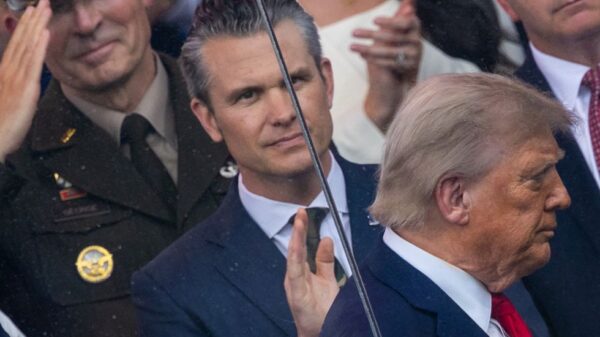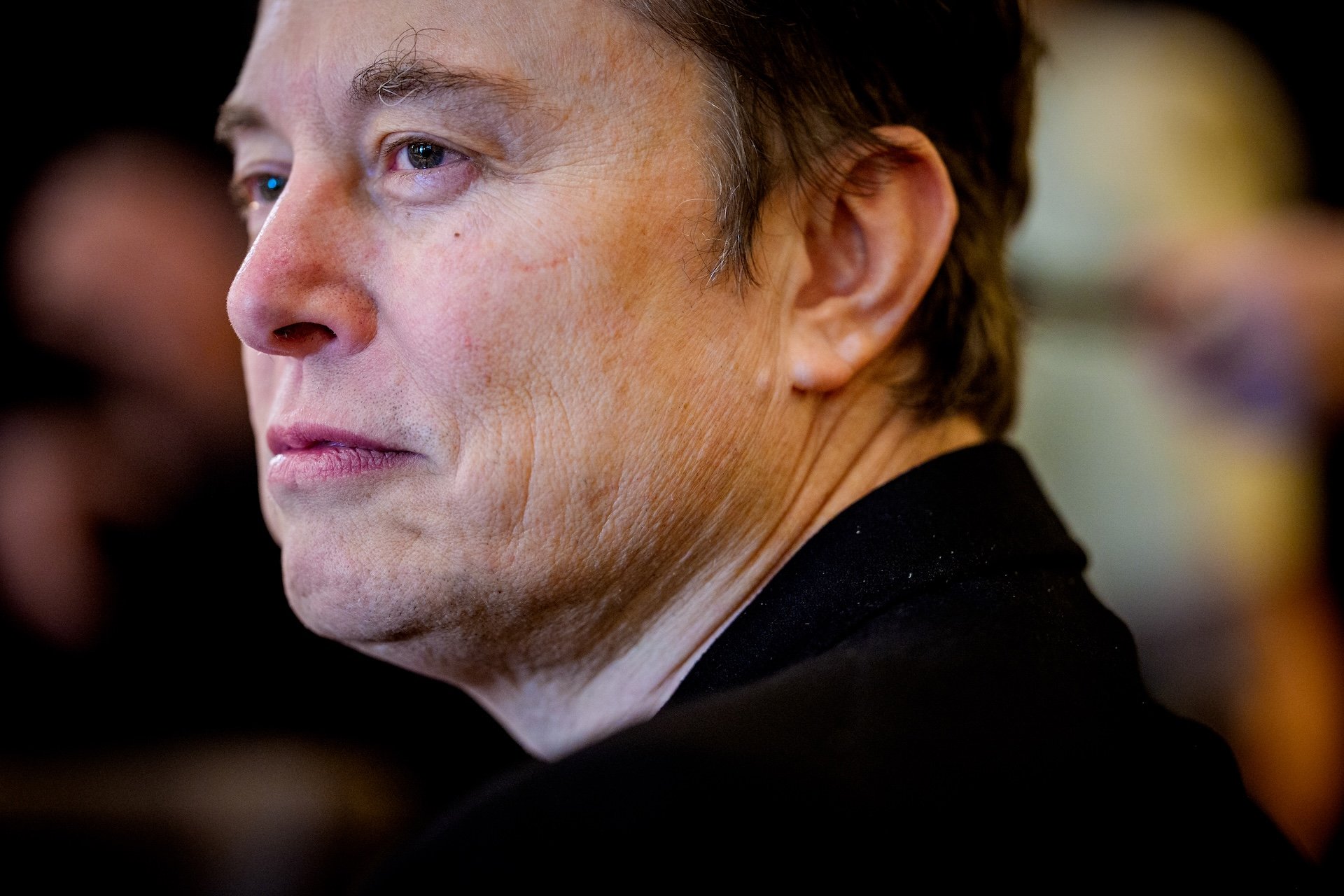A recent investigation has revealed that SpaceX, the aerospace company founded by Elon Musk in 2002, has potentially avoided federal income taxes for much of its existence. According to internal documents reviewed by The New York Times, the company may have leveraged a U.S. tax provision that allows businesses to use past losses to offset future taxable income, a practice that could have significant financial implications.
The documents indicate that by the end of 2021, SpaceX had accumulated nearly $5.4 billion in net operating losses (NOLs). This accumulation allows the company to avoid federal taxes on an equivalent amount of future income. Notably, in 2017, former President Donald Trump eliminated the expiration date for these NOLs, meaning SpaceX can apply approximately $3 billion in past losses against future taxable income indefinitely.
In a statement made in June on X, Musk projected that SpaceX’s revenue will surpass NASA’s entire budget the following year, estimating it at $15.5 billion. This projection builds on the company’s anticipated revenue of $13.1 billion for 2024, up from $8.7 billion in 2023, according to industry sources.
SpaceX is part of a broader landscape of multi-billion-dollar technology firms that have significantly benefitted from federal funding. A February analysis by the Washington Post revealed that Musk and his various enterprises have received at least $38 billion in government contracts, loans, subsidies, and tax credits over the past two decades. Furthermore, there are 52 ongoing contracts across seven government agencies, including NASA and the U.S. Department of Defense, which could potentially yield an additional $11.8 billion in revenue for Musk’s companies in the coming years.
Analysis of the company’s financials shows that a significant portion of SpaceX’s revenue is derived from government contracts. In 2020, nearly 84% of its revenue came from federal contracts, decreasing slightly to 76% in 2021. Tax experts have expressed concern about the implications of SpaceX’s ability to avoid over $5 billion in federal income taxes, particularly given its heavy reliance on government funding.
While the documents suggest that SpaceX has paid some taxes to foreign and state governments since its founding, it appears the company has not paid federal income taxes. This situation highlights a complex relationship where a company heavily supported by public funds contributes minimally to federal revenues.
As SpaceX continues to play a crucial role in the U.S. space economy and national defense, questions about its tax strategy and the broader implications for public funding and corporate responsibility remain highly relevant. The investigation sheds light on the financial mechanics of a company that has become synonymous with innovation in aerospace while navigating the intricate landscape of federal taxation.






































































